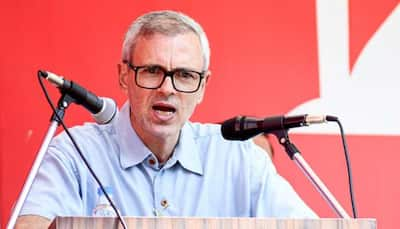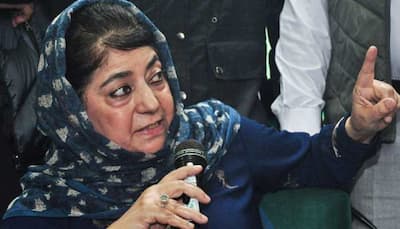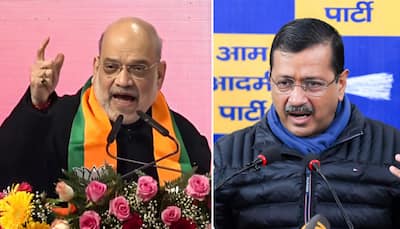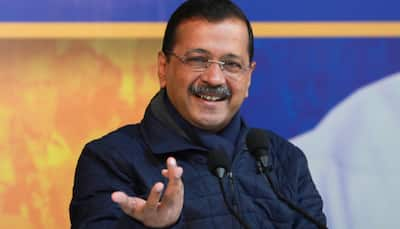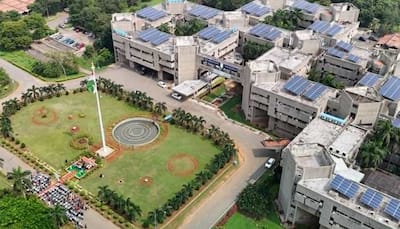New Delhi: The race to woo women voters in Delhi Assembly elections got hotter on Friday with the BJP manifesto unveiling many attractive welfare schemes for the 71.74 lakh women electors, who also figure in key poll promises made by the ruling AAP and the Congress.
The clout of women voters in Delhi elections can be gauged from the fact that in 31 seats of the 70 Assembly segments, women voter turnout was higher than men in 2020. In 28 of these 31 seats, the AAP emerged victorious – largely because of free travel on public buses announced by the Arvind Kejriwal government just one year before the Assembly election.
The trend of attracting Delhi’s women voters through poll promises was started in 2008 by the then Chief Minister Sheila Dikshit who launched the ‘Ladli’ scheme under which Rs 10,000 was deposited in the bank for the education of every girl child born in a family with an annual income less than Rs 1 lakh.
For the current Assembly election on February 5, the AAP took the lead in attracting women voters by promising Rs 2,100 to women under the Mukhya Mantri Mahila Samman Yojana to women whose family income is less than Rs 3 lakh per annum. The scheme’s enrolment was also launched, however, the process ran into legal trouble with the Delhi government disowning it through public notices.
The BJP’s ‘Sankalp Patra’, released by National President J.P. Nadda on Friday, promised Rs 2,500 monthly monetary assistance to women, matching the amount that the Delhi Congress has guaranteed to poor women.
The BJP has called the monthly assistance for women “Mahila Smriddhi Yojana” and the Congress has named it “Pyari Didi Yojana”.
In the run-up to the voting day on February 5, BJP leaders are making efforts to convince voters that it is their party which will honour the promise given to women. As proof, they are citing the monthly financial assistance being given in BJP-ruled states like – Haryana, Madhya Pradesh, Chhattisgarh and Maharashtra.
Kejriwal claims that the free travel for women in public transport buses is a scheme which he has pioneered in the country. This scheme had a huge impact on the outcome of the 2020 election in which the AAP came to power for the third time.
On Friday, Kejriwal sought to expand the scheme to attract young voters by offering free bus travel to students and proposing a 50 per cent discount on Metro rail fare.
The BJP also wants to remain in the good books of poor women voters, and it has announced that all public welfare schemes in Delhi, including free bus travel, will continue if its party forms the next government after the February 5 election.
“We will make the schemes free of corruption and strengthen them,” said Nadda on Friday, without specifically mentioning the free water and power schemes that both the AAP and Congress have highlighted repeatedly.
The BJP’s manifesto has also promised one-time financial assistance of Rs 21,000 and six nutritional kits to pregnant women, besides Rs 5,000 for the first child and Rs 6,000 for the second child. These promises appear to be on the lines of the benefits offered in the rest of the country under the Pradhan Mantri Matru Vandana Yojana – which was not available in the city.
Health insurance benefit is another welfare scheme that has been offered by all three parties in the Capital but with differing coverage.
On Friday, Nadda announced on behalf of the BJP that citizens will get an insurance health cover of Rs 5 lakh under the Ayushman Bharat scheme. The health cover will increase the total health cover given to the elderly to Rs 10 lakh.
The Congress has announced Rs 25 lakh health insurance for all Delhiites – without any age bar.
Kejriwal’s Sanjeevani Yojana aims to provide free treatment to Delhi’s residents aged over 60 at private and government hospitals.
Nadda also announced a pension scheme under which senior citizens will receive Rs 2,000-2,500 in the 60-70 age group and Rs 3,000 for those above 70. For the Divyang and widow, the assistance will be increased to Rs 3,000.
Under the Puja Granthi Samman Yojana, the AAP has also announced a Rs 18,000 monthly allowance to Hindu temple priests and Gurdwara granthis.
The Delhi Congress has promised to ease women’s monthly household spending by offering a free monthly ration kit.
A monthly ration kit containing 5 kg rice, 2 kg sugar, 1-litre cooking oil, 6 kg pulses and 250 gm tea will be given free to all the poor, said Delhi Congress president Devender Yadav.
Yadav said that nearly 17 lakh families in Delhi will benefit from the promised Rs 500 LPG cylinder every month.
The party has also guaranteed Rs 8,500 monthly financial internship-cum-assistance to educated, jobless youth for a period of one month.
On the subsidised food front, the BJP has announced the Atal Canteens will be set up in every slum where a full meal will be offered at just Rs 5.
The BJP has promised that its government will provide a Rs 500 subsidy on LPG cylinders, along with two free cylinders on Diwali and Holi.
Stay informed on all the , real-time updates, and follow all the important headlines in and on Zee News.



